QOTD: Are You Afraid of Autonomous Cars?
We've talked about autonomous cars on the podcast twice in recent weeks.
You Shouldn't Be Afraid of Autonomous Cars, Here's Why
It's podcast time again. This week, we talk with Alex Roy, principal at Johnson and Roy Advisors, a company that provides strategy for companies in the AI, robotics, and transportation space, about why autonomous cars aren't so scary.
Crash Avoidance Systems Underwhelm in Latest IIHS Study
The Insurance Institute for Highway Safety (IIHS) announced it has updated its vehicle-to-vehicle front crash prevention test to account for higher speeds. Originally, the group was only running tests for things like automatic emergency braking below 25 mph. Now, it’s targeting higher speeds and obstacles of varying sizes. But the results aren’t any better. Out of the 10 small crossovers tested, only a single model garnered a good rating.
British Columbia Outlaws Self-Driving Cars
Americans, especially Californians, have good reason to be skeptical of autonomous vehicles. There have been multiple crashes and plenty of annoying traffic holdups as companies test robotaxis and other vehicles, and now, some Canadians are taking action to prevent similar issues.
Apple Lays Off Hundreds As Car Project Comes to a Close
Notoriously tight-lipped Apple never officially confirmed its autonomous car project, but the tech giant has been making an awful lot of moves for not having started work on one. Documents filed with California’s Employment and Development Department show that Apple recently laid off 600 employees in the state, coinciding with reports that it nixed its car project to focus on other products.
AAA: Most People Don't Trust Autonomous Vehicles
Most people in the U.S. are distrustful of autonomous vehicles. That’s the message from AAA’s latest study, which found that a surprising number of people express fear, and many are uncertain about autonomous technology.
Self Driving Probably Won’t Improve Until Artificial Intelligence Does
Following yesterday’s article about the IIHS suggesting the implementation of driver-monitoring as a way to mitigate lackluster advanced driving systems, many readers asked why automated driving still seemed so far behind in terms of development. After all, we have had companies promising the sale of commercially viable autonomous vehicles for years. But companies are nearly half a decade behind schedule with a public that has almost completely lost faith in the program.
What happened?
Waymo Autonomous Vehicle Set Ablaze By Crowd In San Francisco
Autonomous vehicles don’t have the best track record when it comes to earning and keeping public trust, even in tech-forward California. General Motors’ Cruise is taking a hiatus testing its vehicles after a high-profile crash and recall, and most recently, a Waymo vehicle was set on fire in San Francisco.
Waymo Autonomous Car Hits Bicyclist in San Francisco
General Motors’ Cruise division has been in the news a lot lately, but Waymo has stayed mostly out of the spotlight. That changed earlier this week when one of its autonomous taxis struck a bicyclist in San Francisco, though it appears the situation might have even challenged human drivers.
Updated: Waymo Looks to Expand While Cruise is Down and Out
Updated with new information from Waymo after publication. We corrected dates for the company's Arizona operations, and Waymo noted that its expansion plans are not tied to Cruise's in any way.
General Motors’ Cruise has had a rough few months, ending with it pulling back on autonomous testing efforts across the country. Now, Alphabet’s Waymo is looking to expand, asking the California Public Utilities Commission for permission to grow its services in Los Angeles.
GM Sued San Francisco for Allegedly Inflated Tax Bill
General Motors’ Cruise has had an exceptionally tough 2023, but the company isn’t going down without a fight or, in this case, a massive lawsuit against the city of San Francisco. GM has paid San Francisco $108 million in taxes and $13 million in interest since 2016 and now wants it back.
Rather than taxing GM and Cruise separately, as the automaker claims it should, the city lumped them together, resulting in higher tax bills.
GM's Cruise Laying Off Hundreds to Slash Costs
The hits keep on coming for GM’s Cruise. After high-profile crashes and being forced to temporarily shutter operations in California, the autonomous vehicle unit announced yesterday that it would lay off a quarter of its workforce in a move that sees around 900 people losing their jobs.
Autonomous F-150s May Be On Battlefields of the Future
The Ford F-150 is one of the most popular vehicles of any type in the world, and it has a heavy presence in fleets of all sorts, from police to parks and recreation departments. The pickup is also used extensively in federal government fleets, including the military, where an autonomous vehicle developer has come up with a gnarly F-150 for use way off the beaten path.
Cruise CEO and Co-Founder Steps Down
Cruise is going through some things right now. After one of its robotaxis hit a pedestrian, the company halted all autonomous vehicle operations and issued a recall for many of its units. It also lost the ability to operate in California, its home base, at least temporarily, and now, we’ve learned that its CEO and co-founder has stepped down.
Shocker: Cruise Robotaxis Occasionally Need Human Help
General Motors’ Cruise autonomous vehicle division has had a bumpy few months. A number of frustrating failures have caused massive traffic pileups, car accidents, and even injured pedestrians. There have been so many issues that the company is temporarily halting public testing and has issued a recall for some of its vehicles. Now, we’re learning that Cruise’s robotaxis aren’t as robotic as everyone thought, as the company recently told CNBC that it employs “remote assistant agents” (people) to help the vehicles navigate.
Cruise Autonomous Vehicles Recalled
General Motors’ Cruise autonomous division has had a rough few weeks. First, the company temporarily shuttered operations while it determined why its vehicles kept running into things. Earlier this week, Cruise announced a pause in production of its autonomous van, and now, the NHTSA is getting involved with a recall.
GM To Temporarily Halt Production of Cruise Origin Van
General Motors recently announced a pause on all autonomous vehicle operations after several high-profile accidents, one including a pedestrian. Automotive News reported that the automaker is also halting production of the Cruise Origin Van.
Cruise Outsources Review of Regulatory Response
On Friday, Cruise confirmed that its board had hired an outside law firm and technology consultants after the California Department of Motor Vehicles suspended its driverless vehicle operations. While robotaxi services had started developing a bad reputation in the months leading up to the suspension, Cruise (owned by General Motors) only saw government action taken against it following a high-profile incident where one of its vehicles struck a pedestrian.
Cruise to Suspend All Driverless Operations After California Pulled the Plug
Cruise was already in hot water with California authorities after a string of high-profile incidents, and now the company is suspending all operations to regroup and rebuild public trust.
California DMV Suspends Cruise Driverless Vehicle Permits
The California Department of Motor Vehicles (DMV) has suspended Cruise’s permit to operate driverless vehicles, citing public safety concerns.
This represents a major victory for the Alphabet-owned Waymo, as it’s now the only company within the state that’s legally allowed to offer robotaxi services. On Tuesday, the DMV said that Cruise’s suspension would take effect immediately with the company likewise stating that it would be pausing operations to examine potential improvements in how its vehicles operate.
NHTSA Launches Safety Investigation Into GM's Cruise
General Motors’ Cruise may be one of the first companies in the world to field driverless vehicles as part of a commercial endeavor. But this doesn’t appear to have endeared the brand to everyday people. The business appears to be loathed by San Franciscan residents and emergency response crews, who have only gotten angrier since state regulators allowed the business to expand operations.
Sustained reports of mishaps and injuries involving the vehicles has encouraged the National Highway Traffic Safety Administration (NHTSA) to launch a preliminary investigation into the company — which may also explain why Cruise just issued a press release explaining how it’s going to remedy all of the above.
GM's Cruise Robotaxi Workaround Has First Responders Moving Wayward Autonomous Cars
Companies hoping to press autonomous vehicles into service on public roads have a long way to go to convince governments and local residents that everything will be fine, and the number of high-profile accidents in test cities isn’t helping. General Motors’ Cruise has been testing AVs in San Francisco for a while, but the company’s vehicles have been involved in a number of incidents with first responders, in which they block or delay rescue workers’ ability to help people. The company is looking at ways to improve the situation and recently penned a blog post to explain the path forward.
Pedestrian Trapped Under Cruise Vehicle in San Francisco
On Monday, a pedestrian ended up being trapped beneath an autonomous test vehicle owned by Cruise. The incident took place in San Francisco (Fifth Avenue just south of Market Street) and has already become the subject of some rampant speculation as the company hopes to avoid another public relations nightmare.
Cruise quickly put out a series of statements via Twitter (now X) claiming the pedestrian was actually tossed in front of their robotaxi after being struck by a hit-and-run vehicle that was traveling in the accompanying lane. While the investigation is technically ongoing, numerous media outlets have run with the premise after having seen the on-board footage.
Man Attacking Cruise AV Captured on Video
One of the autonomous test vehicles operated by Cruise in San Francisco has been attacked by a masked assailant wielding a hammer — signaling that the city’s relationship with AVs has only gotten more complicated.
QOTD: Can Robotaxis Ever Work?
Yesterday we covered yet another incident involving Cruise, and we linked back to a few other stories we've written recently about problems that Cruise and Waymo are having in San Francisco.
Cruise Robotaxi Drives Into Wet Cement, More Mishaps With Fire Trucks
The robotaxi situation in California continues to get more ridiculous after additional reports of autonomous test vehicles doing something incredibly stupid. One of the driverless Chevrolet Bolts operated by Cruise apparently drove through a construction zone last week, stranding itself in wet cement. This was followed by news of yet another unsavory encounter involving a Cruise AV and an emergency response vehicle just days later.
Saying the company is fighting an uphill public relations battle would be putting it mildly.
Driverless Hell: Another Cruise Robotaxi Crashes in San Francisco, This Time Into a Fire Truck
There has been a lot of talk about Tesla owners abusing the cars’ semi-autonomous driving features and crashing into emergency vehicles, but there was at least a driver present in those situations. Cruise, General Motors’ autonomous taxi division, can’t seem to keep its vehicles out of trouble, as they keep crashing into things in their home test city of San Francisco. Last night, a taxi crashed into a fire truck, sending one person to the hospital.
San Francisco Traffic Stands Still After Cruise AVs Stall in North Beach
With California having approved the contentious expansion of driverless robotaxis operating in San Francisco, autonomous test vehicles showed their readiness by stalling themselves in the middle of town. The situation reportedly wasn’t the result of local activists trying to disable the vehicles or cyber warfare, but rather the result of their having lost their internet connection for a few minutes.
California Grants Cruise and Waymo Expansion Approval
Self-driving vehicles have become a contentious issue in San Francisco. The city currently serves as a public testing ground for over 500 autonomous cars being fielded by Alphabet’s Waymo and General Motors’ Cruise. But local residents have been losing patience with the vehicles, with numerous reports that they’ve been misbehaving in traffic.
While public complaints seemed to be endangering the companies’ ability to expand operations, the California Public Utilities Commission (CPUC) voted 3-to-1 on Thursday to do just that. This opens the door to allow Waymo to begin charging for autonomous taxi services, something Cruise was already doing there, and accelerate their respective AV programs within California.
Driving Dystopia: Companies Are Getting Serious About Vehicle-to-Infrastructure Connectivity
Before connected vehicles had become ubiquitous, numerous companies suggested that they would be networked into roadway infrastructure to improve safety and decrease traffic congestion. The concept even became a keystone issue for lobbyists trying to convince lawmakers to create regulations favorable to autonomous cars.
But it never manifested due to just how ambitious the overarching concept happened to be. The relevant technologies were still in their infancy and would require years of collaboration between multiple industries and various government agencies before anything got off the ground. However, things are reportedly starting to change. Pilot programs are being implemented on public streets, companies are working on the necessary hardware, and the U.S. government is asking for more with cash in hand.
Hands Free, Eyes On: General Motors University Is In Session
Today, General Motors unveiled the beginnings of a new consumer education campaign surrounding advanced driving systems. Titled “Hands Free, Eyes On,” the movement is an effort to ensure consumers and drivers know exactly what their vehicles are and will someday be capable of.
The eventual goal is, of course, zero crashes, so along with implementing advanced driving technologies such as hands-free driving, GM is educating the public about what all of the various active-safety features, from lane-keeping assistance to adaptive cruise control all the way to hands-off driving. The campaign will live on GM.com, as well as a number of social media channels, and will evolve over time as technologies find their way into dealerships.
Cruise Ad Insults Human Drivers, Gets Criticized
Last week, General Motors published an advertisement for its Cruise autonomous vehicle company in The New York Times. The marketing effort makes the claim that “humans are terrible drivers” and has subsequently been chided by former NHTSA administrator and safety advocate Joan Claybrook.
The ad in question states that human drivers cause millions of accidents each year and asserts that “Cruise driverless cars are designed to save lives.” But Claybrook and the Advocates for Highway and Auto Safety are accusing GM of being overzealous with an untested product in addition to exercising some bad taste with its marketing materials.
Tesla Driver Receives Felony For Fatal Autopilot Collision
Tesla drivers abusing Autopilot and the company’s “full self-driving” tech have almost become a meme at this point, but there are very real consequences when things go wrong. A California man was behind the wheel of a Tesla Model S in 2019 when it collided with another car, killing the two people inside. The Tesla was using Autopilot at the time, and the driver recently pleaded no contest to two counts of vehicular manslaughter.
U.S. Regulator Proposes Updated Rules for Autonomous Vehicles in Exchange for Data
The National Highway Traffic Safety Administration (NHTSA) proposed a new national program to update the regulations surrounding autonomous vehicles this week. Updated rules would presumably allow automakers to field more self-driving test vehicles on public roads than we’ve seen thus far in exchange for those companies sharing the data those cars collect with the government.
Due to the fact that any autonomous vehicle lacking human controls (e.g. steering wheels and pedals) have to be given exceptions from the Federal Motor Vehicle Safety Standards (FMVSS) to legally operate in populated areas, NHTSA leadership believes that having access to the data they’ve collected will be useful in informing decisions on how the rules could be changed. The claim is that the resulting information will help regulators update safety standards to incorporate self-driving vehicles. But it’s also going to be a privacy issue, as citizens have already expressed their dismay with automakers even considering sharing AV data with local authorities.
SF Residents Disable Autonomous Vehicles With Traffic Cones
San Francisco has become a hub for companies wanting to test autonomous vehicles thanks to its progressive leadership and proximity to Silicon Valley. But local residents have slowly been losing patience with the vehicles themselves as they’ve grown in number. While malfunctioning AVs are never popular with other drivers, allowing them to operate without a human safety driver has resulted in rolling reports of vehicles clogging up traffic.
Self-driving test mules are programmed to exercise the maximum amount of caution whenever they’re uncertain of how to progress. This has resulted in traffic jams that are infuriating the locals. But it has also made them incredibly easy to defeat, with activist groups leveraging their circumspect behavior to disable them by placing a traffic cone on the hood.
Ruff News for Waymo After Test Vehicle Runs Over Dog
A Waymo autonomous test vehicle struck and killed a small dog in San Francisco last month, with news emerging after an incident report filed with the California Department of Motor Vehicles became public. While the accident is nothing in comparison to the fatal crash from 2018, where an Uber AV killed a cyclist, it still spells bad publicity for companies hoping to field self-driving vehicles with the public’s blessing.
Cadillac Super Cruise Mini Review
I’ve tested Cadillac’s Super Cruise twice this year, and I had my first taste of Ford’s BlueCruise autonomous system last year.
As a journalist who covers the automotive industry, I have plenty of opinions about autonomous driving – mainly, I don’t believe we’ll see full Level 5 anytime soon. As a journalist who’s also been able to actually test AV systems, I have come to the conclusion that for now, at least, using an AV system leaves you with very mixed feelings. Especially if you’re a car enthusiast and not someone who merely uses your car as a means of conveyance.
Driverless Cars Cause Headaches for First Responders
Driverless cars for everyday drivers do not exist, but a handful of cities in the country have allowed companies like Waymo to begin limited testing of autonomous taxis and other vehicles. Tech-heavy San Francisco is at the forefront of the movement, but its time with robo-taxis hasn’t been without drama.
Waymo Briefly Sidelines Test Vehicles Due to Fog
Waymo, Alphabet’s self-driving unit, reportedly had some of its San Francisco-based test vehicles stymied by dense fog earlier in the week. Compared to some of the other incidents we’ve seen attached to autonomous test cars of late, the fog delay seems to be the most minor of mishaps. However, it’s another reminder that a lot of the systems AVs use to "see" have yet to overcome inclement weather.
Shocker! Trucker Union Opposes Exemptions for Autonomous Vehicles
The Transport Workers Union of America has issued its formal opposition to requests, filed by Alphabet's self-driving unit Waymo and autonomous technology company Aurora, seeking an exemption from some of the rules pertaining to the warning devices equipped to semi-trucks.
GM's Cruise Recalls 300 AVs After San Francisco Bus Crash
General Motors' self-driving arm, Cruise LLC is recalling 300 robo-taxis after one of its vehicles crashed into a San Francisco bus on March 23rd.
Opinion: People Are Waking up to the Perils of Modern Automotive Features
One of the most infuriating things about this job is watching the media scratch its head about why roadway fatalities keep going up when the answer is as plain as the touchscreens on their dashboards. Modern vehicle interfaces are much more cumbersome than their predecessors and yet we’ve seen years' worth of coverage offering all the insight or a shrug. While there are certainly other reasons crashes have spiked (e.g. drug and alcohol abuse), the alluring tablet located next to your steering wheel has been the elephant in the room nobody was talking about — not with the seriousness that is deserved.
But things could be changing.
NHTSA Probes Zoox Self-Certification Process
The National Highway Traffic Safety Administration (NHTSA) has said it’s investigating exactly how Zoox managed to certify its autonomous vehicles for use on public roads. Though the agency may want to take a look in the mirror after issuing lax regulations on what companies are allowed to publicly test.
Place Your Bets: Mercedes Suggests Level 4 Automated Driving By 2030
Remember a few years ago when just about every automaker was promising that self-driving would become publicly available by 2020? Well, they’re hoping you didn’t because a few of them are starting to issue new claims that vehicular autonomy is once again less than a decade away.
While “hands-free” driving systems that require you to remain constantly vigilant (in case you need to take over) have become the new hotness, Mercedes-Benz said it’s planning on selling a version that will qualify as truly self-driving by 2030. But there are caveats to that claim pertaining to specific traffic conditions – meaning it’s still not actually going to be SAE Level 5.
QOTD: Checking in on Hands-Free
I or another staffer has probably asked this QOTD before, and it will probably come up again, but hands-free driving is fresh in my mind.
Tesla Recalls 362K Cars Over Full Self Driving Failures
Tesla is recalling more than 362,000 cars that have the company's so-called Full Self-Driving Beta system. The recall is voluntary.
The Self-Driving Industry Looks Unwell, Waymo Layoffs Begin
Alphabet subsidiary Waymo has reportedly leaned into layoffs and everyone is wondering whether this is an offshoot of the 12,000 job cuts being made at Google or indicative that self-driving tech has run itself into a brick wall. While there’s certainly a wealth of evidence that autonomous vehicles have progressed more slowly than the industry would have had us believe a decade earlier, Waymo has arguably made some of the biggest strides in the industry.
Elon Musk Tweet Leads to Investigation of Tesla
Stop me if you've heard this before -- Elon Musk tweeted something that has him and/or one of his companies in trouble with regulators.
California Law Bans OEMs From False Self-Driving Claims
There are no fully self-driving cars on the market. That's a simple truth. The Society of Automotive Engineers has determined that there are five levels of autonomous driving, with level five being fully autonomous. As of last year, there were no cars that went beyond Level 2 -- a few potential Level 3 systems were awaiting regulatory approval.
Consumer Reports Offers Ideas to Make Driving Tech Safer and More Enjoyable
Driver assistance features have started to lose their luster now that they’re starting to become mainstream. Studies have shown that they’re often less reliable than one would expect and are being implemented in a manner that may not be appealing to motorists. In an effort to tackle this problem, Consumer Reports has released detailed guidelines to car manufacturers it believes will make people more willing to engage with advanced driver assist systems (ADAS).
There Are No Self-Driving Cars and the Rumored Apple Car Won't Change That
Yet another company has learned the pitfalls of trying to implement full-self driving technology, but this time it’s not an automaker. According to a new report from Automotive News, the long-rumored Apple car appears to have been pushed back to around 2026 because the desired functionality can’t be achieved with today’s technologies.
U.S. Transportation Secretary Realizes Autonomous Cars Aren’t Ready
Despite the automotive industry having had the concept on its mind since the 1950s, autonomous vehicles still have yet to manifest in a manner that would allow them to be safely fielded in large numbers. With manufacturers previously vowing to have self-driving cars available to customers by 2020, consumers are starting to write the technology off as an industrial chimera. It’s also starting to look like the government is having doubts, especially now that U.S. Transportation Secretary Pete Buttigieg seems to be calling the technology to task.
U.S. Drivers Seriously Starting to Sour on Autonomous Vehicles
Despite some of the world’s largest automakers promising commercially viable self-driving cars by 2020, autonomous vehicles have yet to manifest in any serious capacity. Granted, advanced driving aids have begun to usurp some amount of control from the driver. But they aren’t quite what was envisioned by the industry when everyone was a lot more optimistic about the technologies involved. This may also be true of consumers, who seem to have soured on the general premise of autonomous vehicles as they’ve started to learn all that might entail.
NHTSA Says Human Controls Now Unnecessary for Autonomous Vehicles
The National Highway Traffic Safety Administration (NHTSA) had decided there’s no need for modern vehicles to possess steering wheels, pedals, or other human controls — provided they’re intended to be fully autonomous.
Considering self-driving cars have become something of an engineering boondoggle after the automotive industry falsely claimed they’d become commercially available by 2019, it’s easy to assume regulators are putting the cart before the horse. But we need to remember that automakers have wanted this for a long time, are used to getting their way, and have well-paid lobbyists at their disposal. For example, General Motors and its autonomous technology unit Cruise has long been petitioning the NHTSA for permission to manufacture and field self-driving vehicles without human controls.
Nuro Raises $600 Million, Valuation Reaches $8.6 Billion
While the concept of mobility has often turned out to be a buzz phrase used by executives unsure of where to place hypothetical revenue streams and burgeoning technologies, it has simultaneously yielded a handful of enterprising business premises with the potential to stand on their own. Nuro, the American robotics company fielding pint-sized delivery drones, is among them and has made a case for itself by eliminating humans from the equation entirely and providing unique scenarios for its services.
The startup has been getting a smattering of positive attention since its formation in 2015 and recently raised $600 million during its latest funding round, bringing its valuation to an impressive $8.6 billion.
Tesla Removes Full Self Driving Beta Over 'Issues'
Tesla Inc. pulled its Full Self Driving (FSD) beta off the table over the weekend, with CEO Elon Musk stating that testers had been “seeing some issues with [version] 10.3.”
To remedy the issue, the company has reverted back to FSD 10.2 temporarily. Musk made the announcement over social media on Sunday morning. The following day, he had already promised that version 10.3.1 would be coming out to address problems encountered during the exceptionally short public testing phase.
“Please note, this is to be expected with beta software,” the CEO noted. “It is impossible to test all hardware configs in all conditions with internal QA, hence public beta.”
Opinion: Tesla's Full-Self Driving Beta Is a Bad Joke
Earlier this week, Elon Musk announced that Tesla would begin offering the Full Self-Driving (FSD) Beta to testers that had achieved sufficiently high marks in its new “safety score.” While company has repeatedly promised to launch FSD in earnest, which costs $10,000 to purchase or $199 a month to rent (depending on which version of Autopilot you’re using), the system has been habitually delayed from getting a widespread release. This has upset more than a few customers operating under the assumption that having bought into the service actually meant something.
That said, the rollout has technically begun and continues encompassing more users. But regulators are annoyed that the company is now testing FSD’s functionality on thousands of paying customers and the terms in which Tesla is offering FSD has changed in a manner that makes your author extremely uncomfortable. The automaker originally intended to provide the system via a simple over-the-air (OTA) update as availability expanded. However Tesla now has a button allowing drivers to request FSD by opening them up to a period of scrutiny where their driving is digitally judged. Despite your having already shelled out cash for it, access to the beta is determined by the manufacturer’s safety score.
German Startup Driving Around Autonomous Vehicle Hurdles
Despite the concept of autonomous cars suggesting a seamless, hands-free driving experience as far back as the late 1950s, only the peripheral technologies have made their way into the real world. Our ancestors would have marveled at the video displays, powertrains, and navigation systems available today. But the 21st century concept of “mobility” has also turned out to be a bit of a scam.
Formerly a catch-all term for autonomous transportation, the phrase has been redefined by the industry to pertain to subscription fees, over-the-air updates, digitally affixing your credit card information to the vehicle, and just about any present-day feature it’s interested in selling. Meanwhile, the self-driving programs that kicked off the would-be renaissance have been stagnating as companies cannot quite figure out how to teach a car to successfully assume all of the duties of a human driver. However there’s a German startup that’s attempting to circumvent those obstacles by employing digital chauffeurs working from far-off locations.



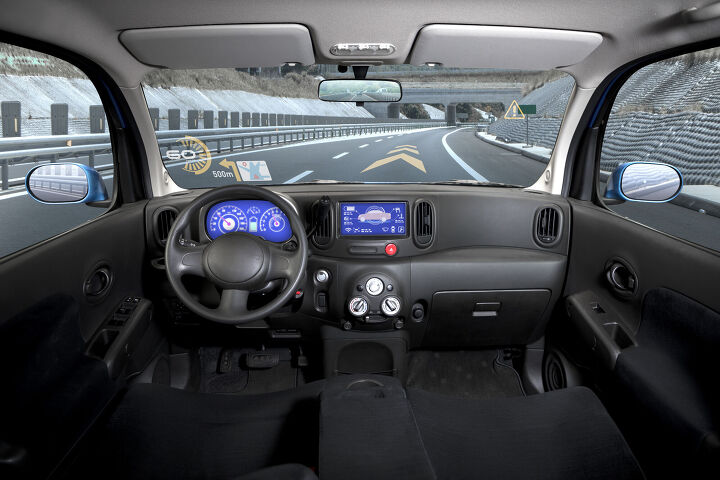
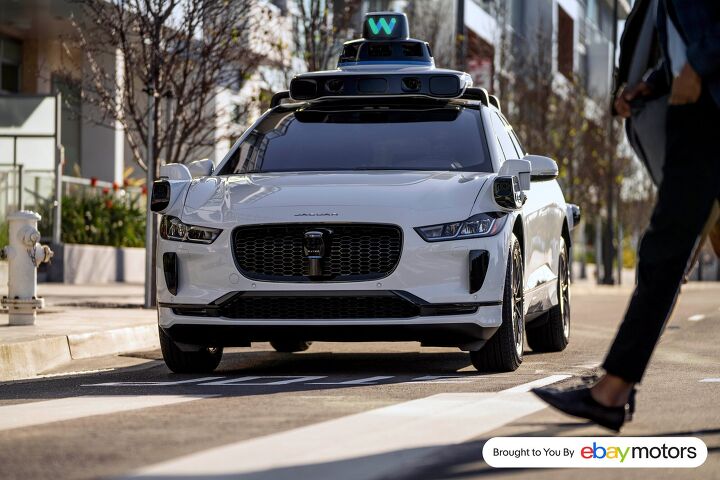
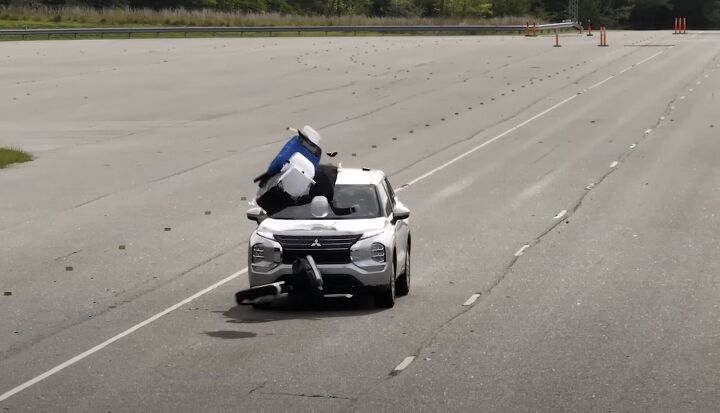
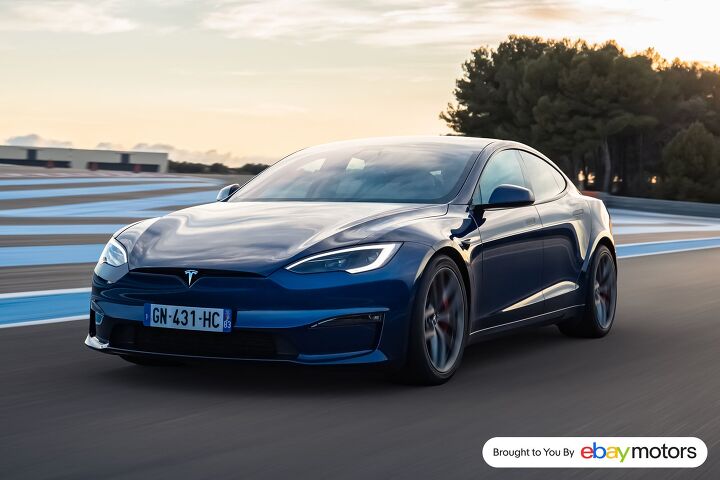

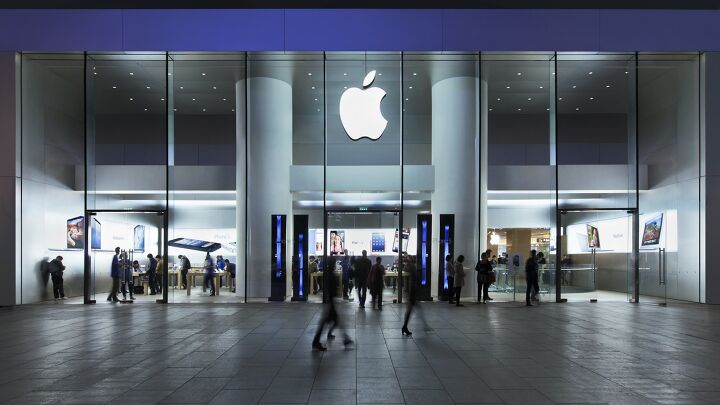
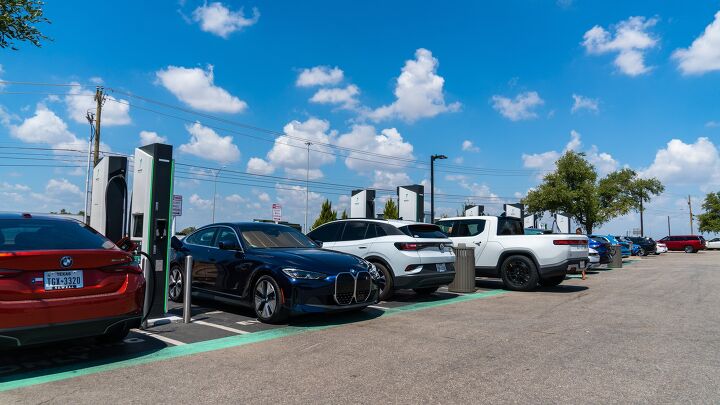
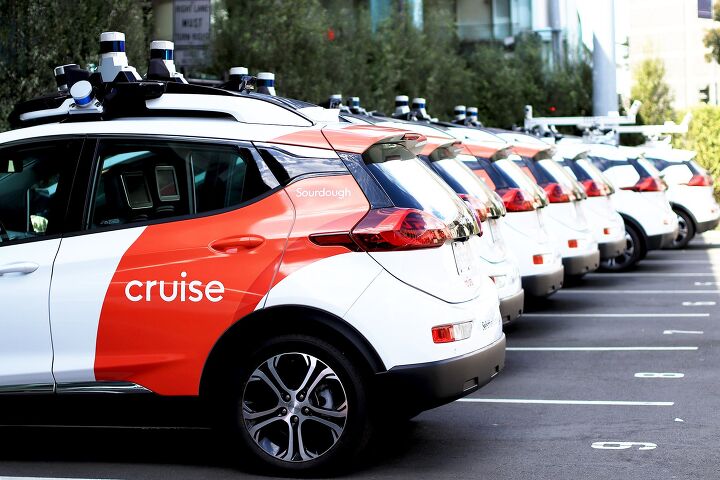
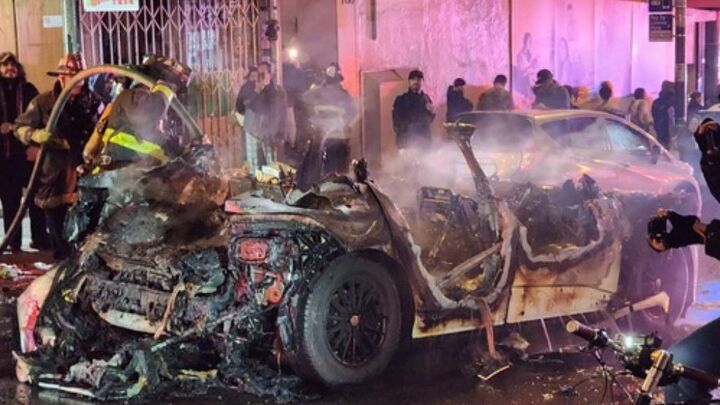
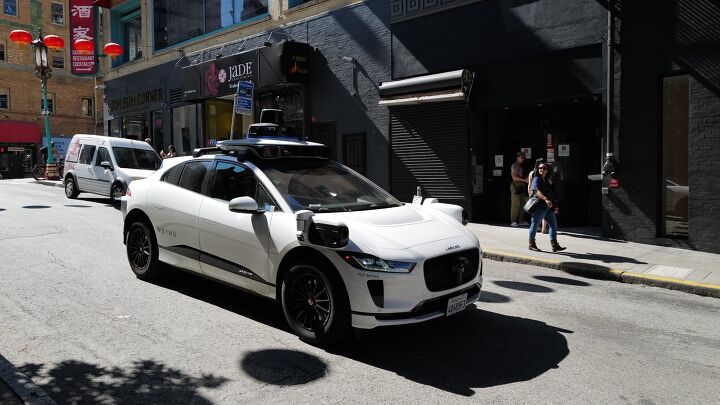
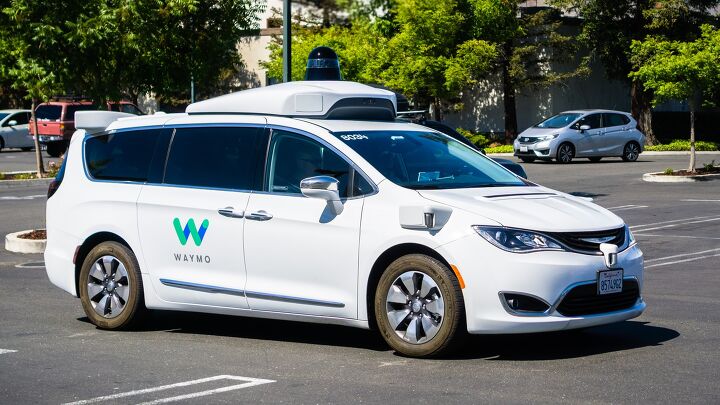
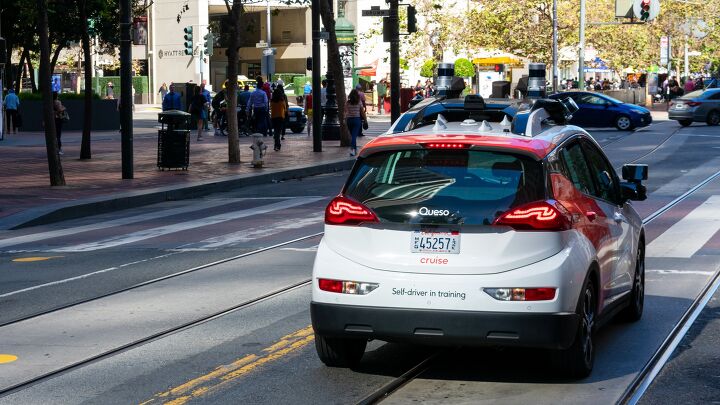
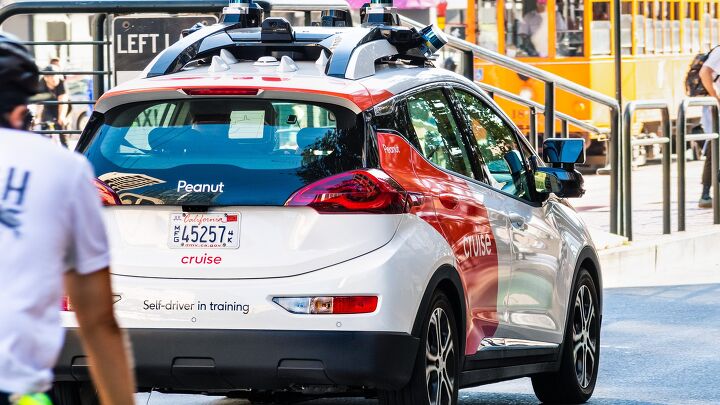
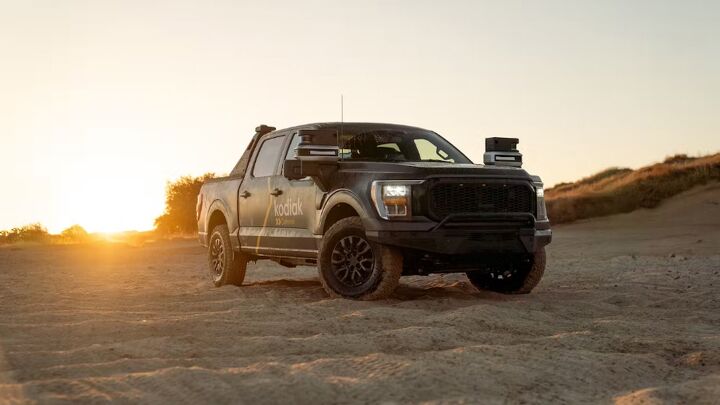



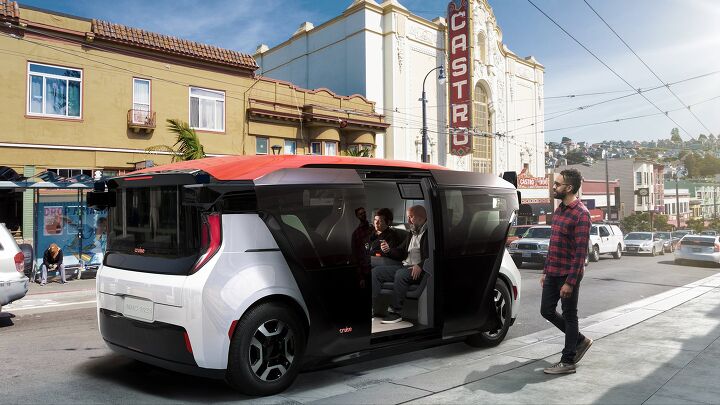


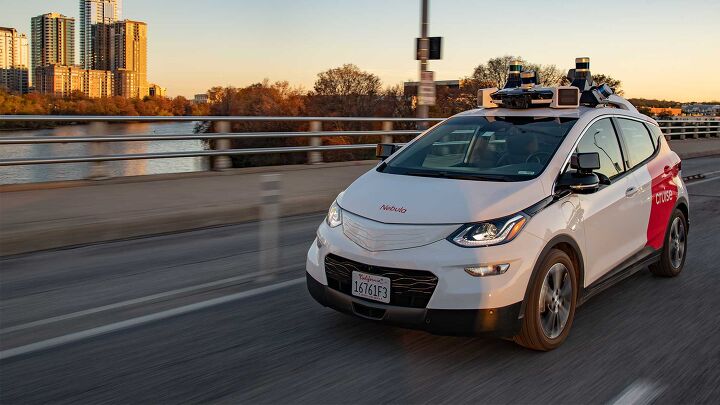
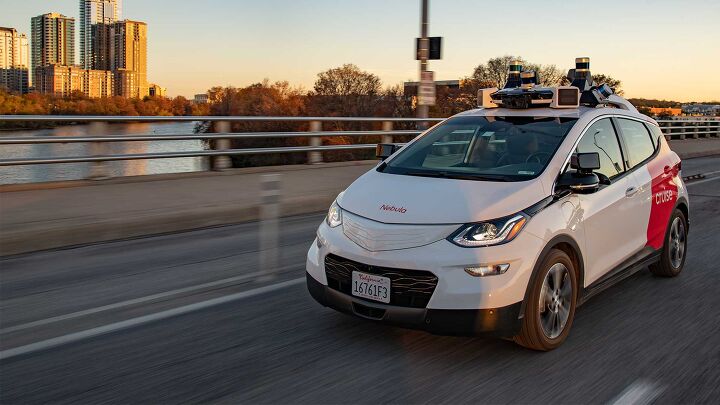
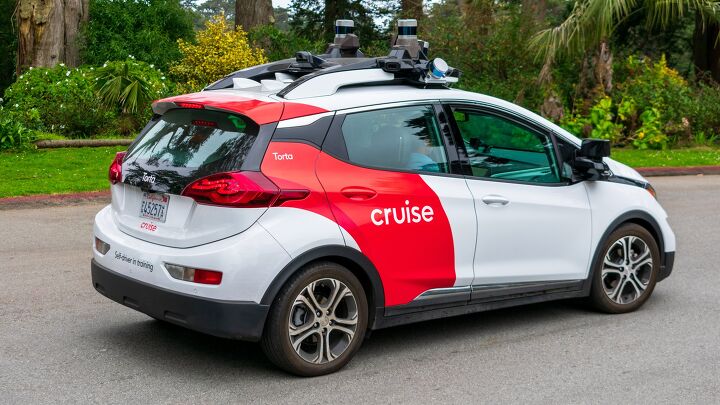
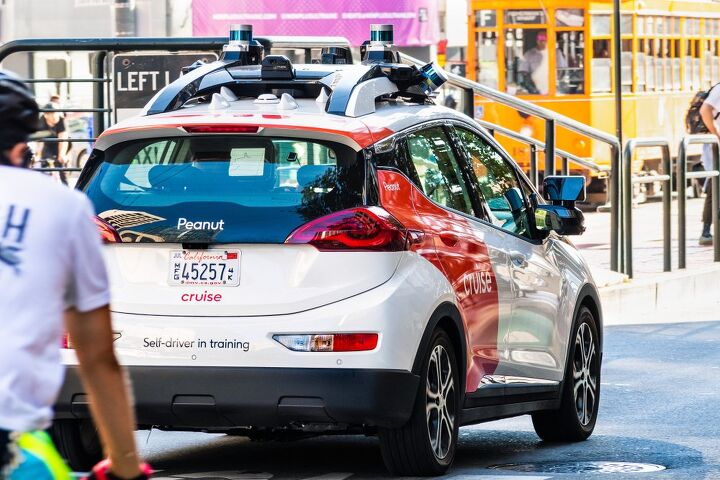
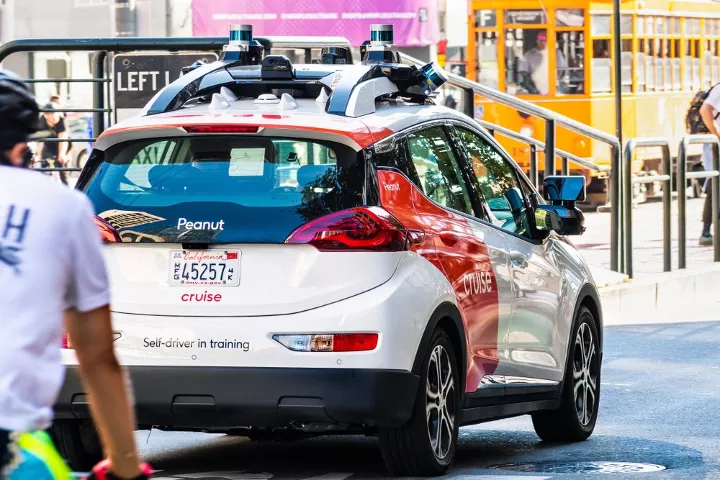





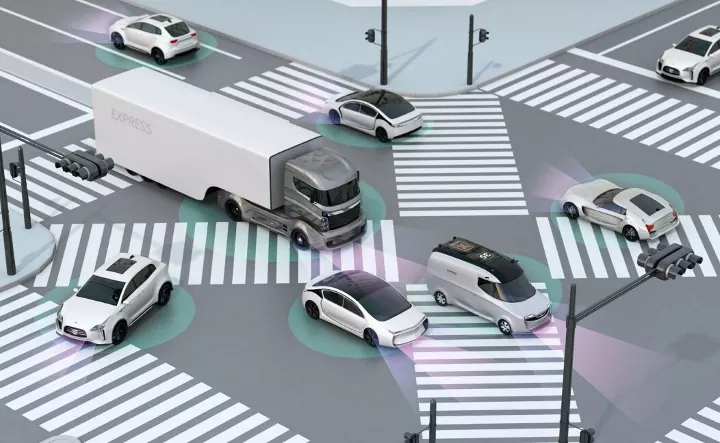

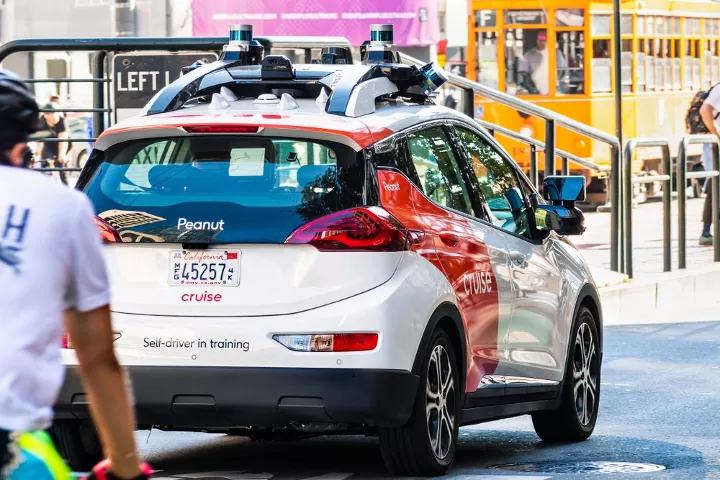

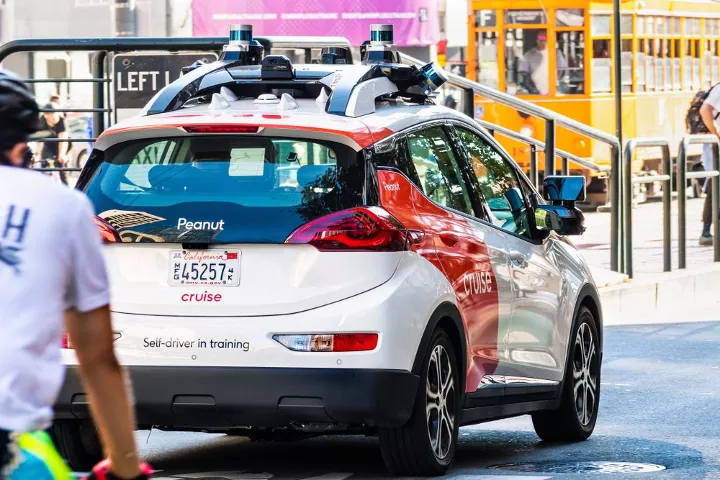
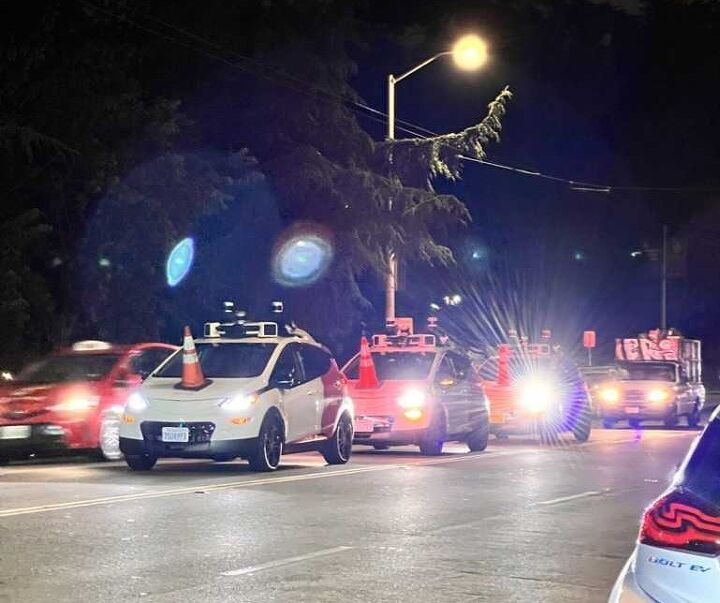

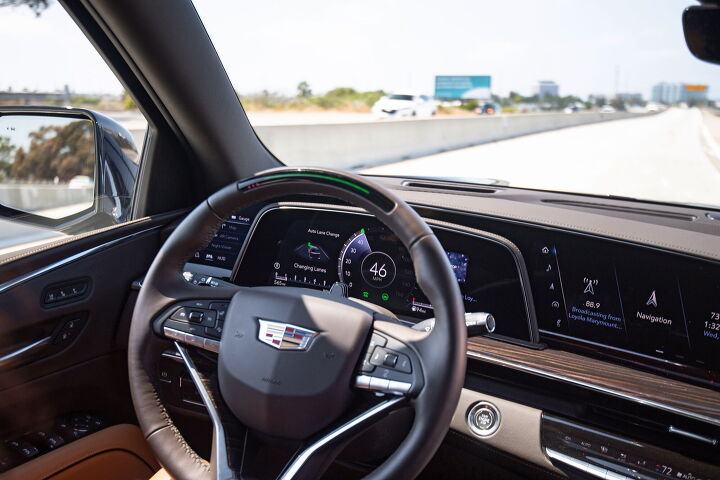
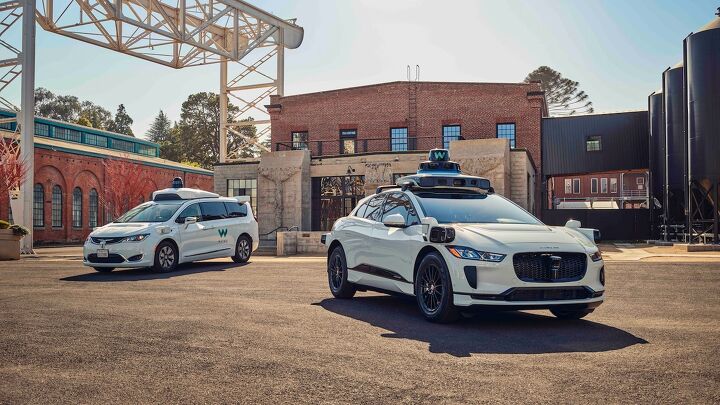
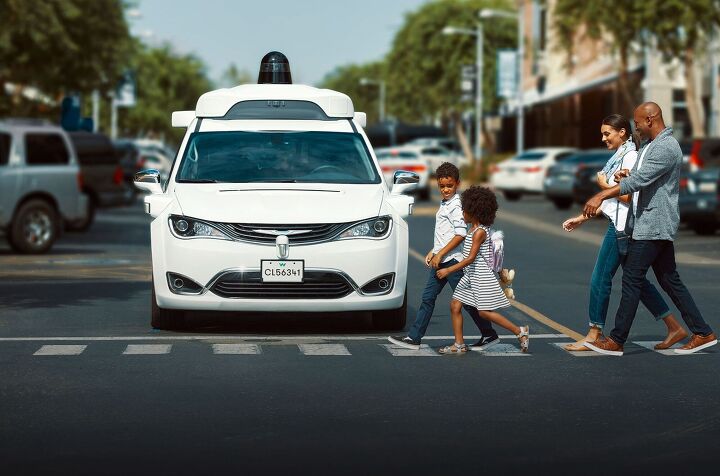
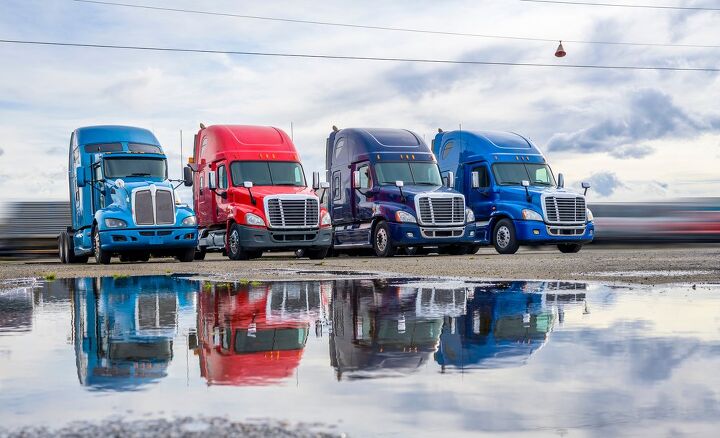
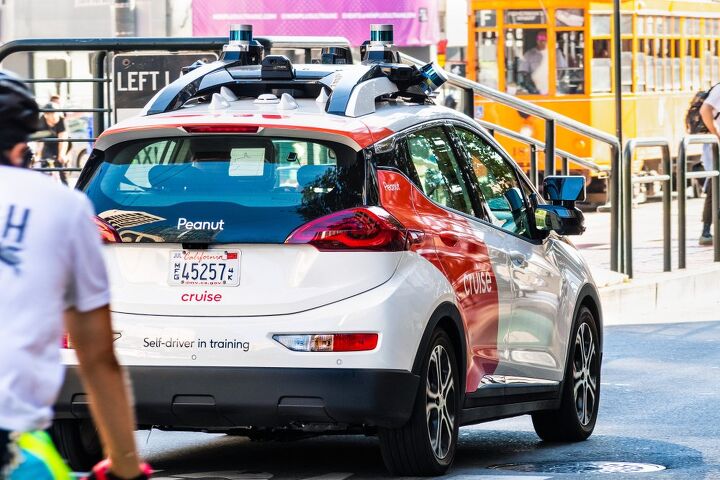
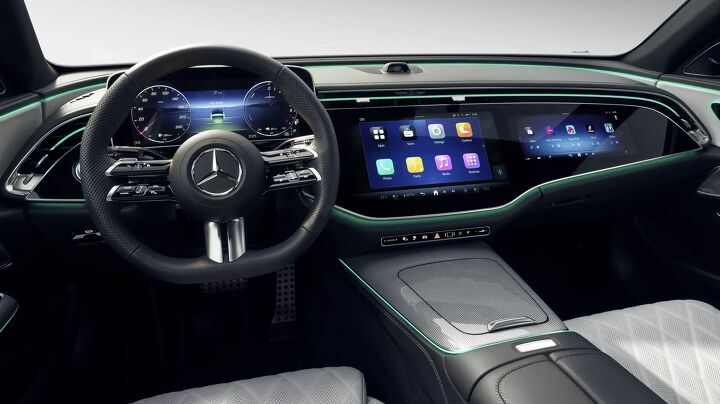


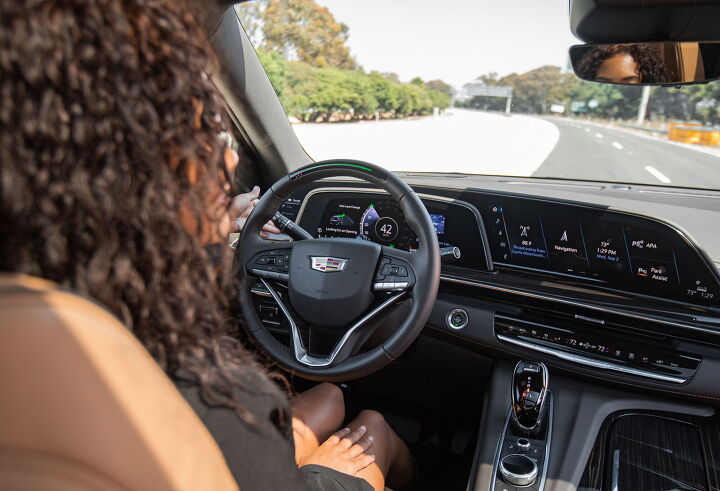
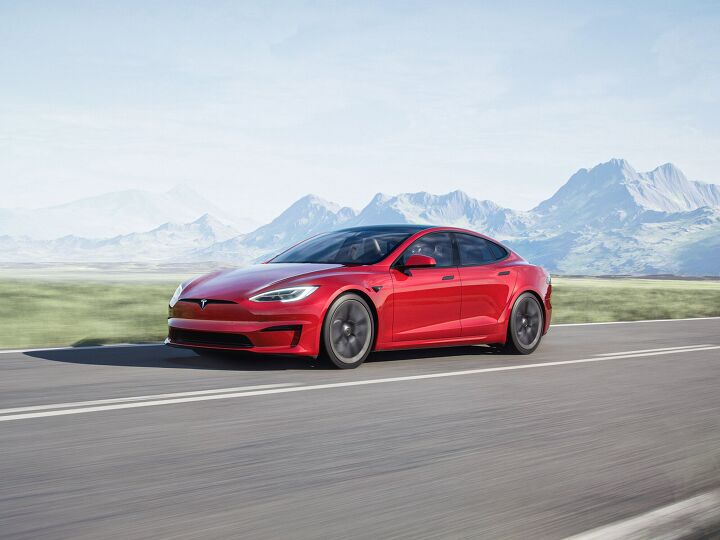
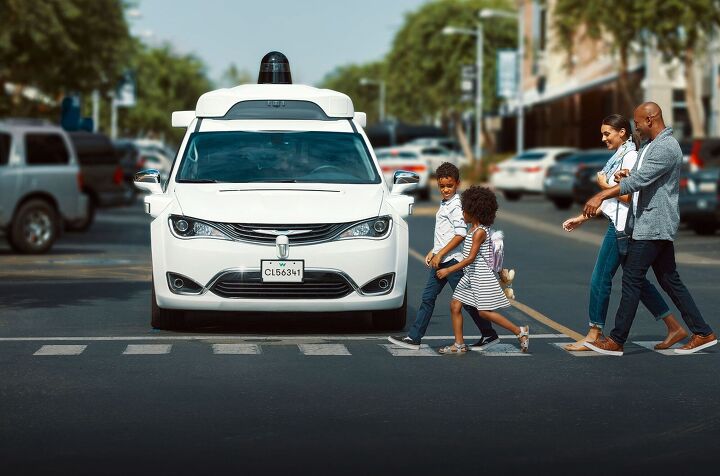
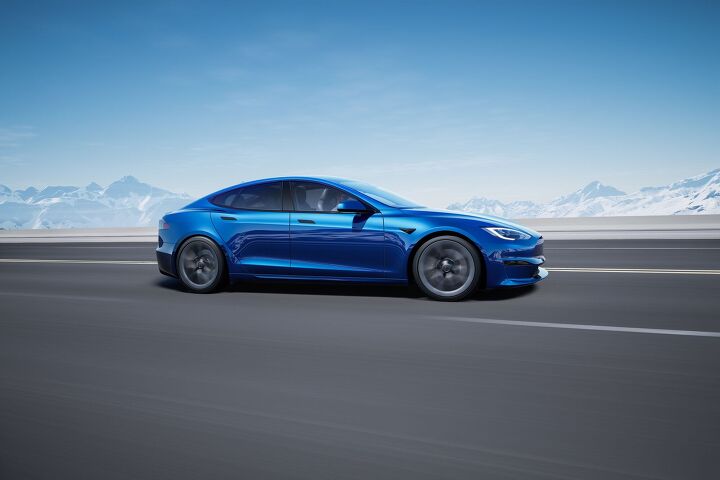


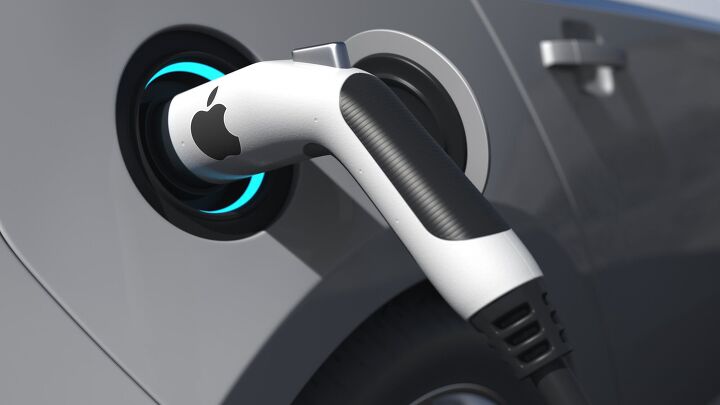
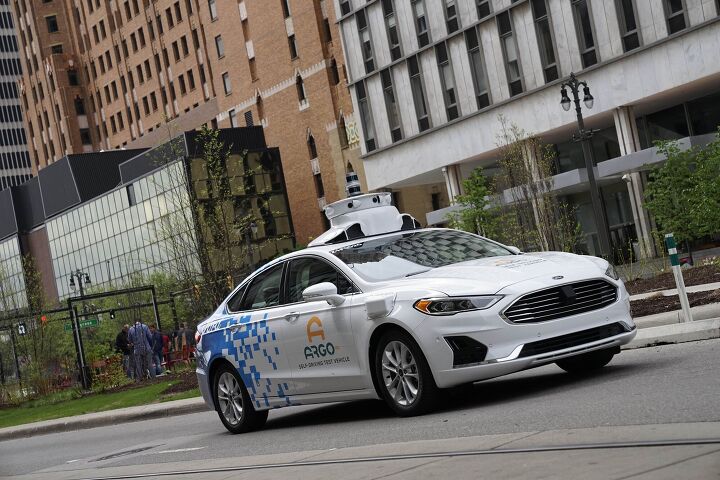
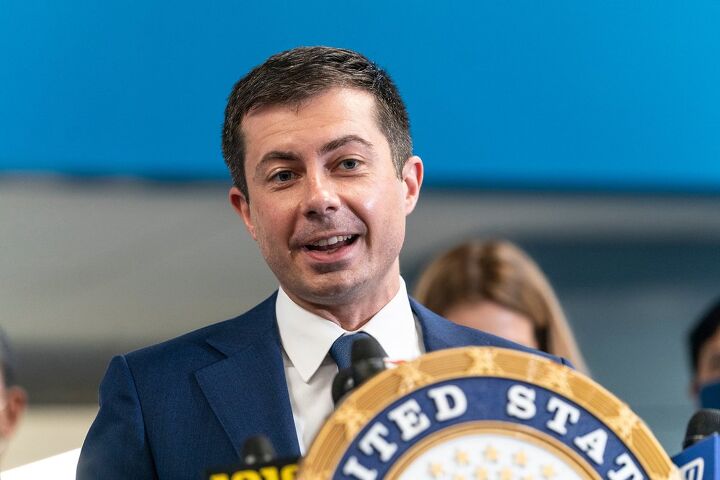
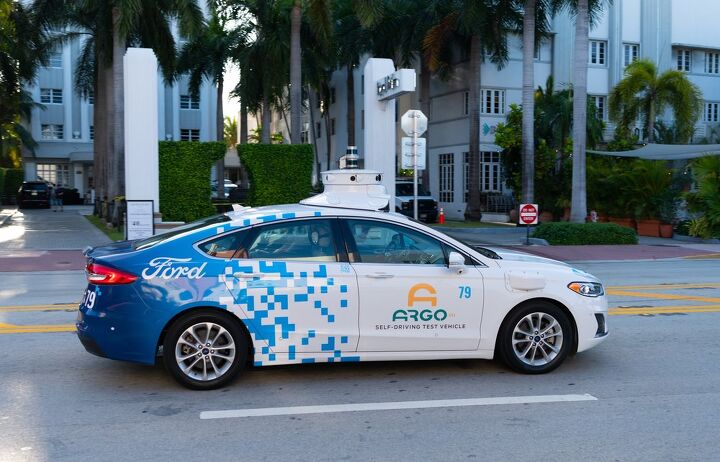
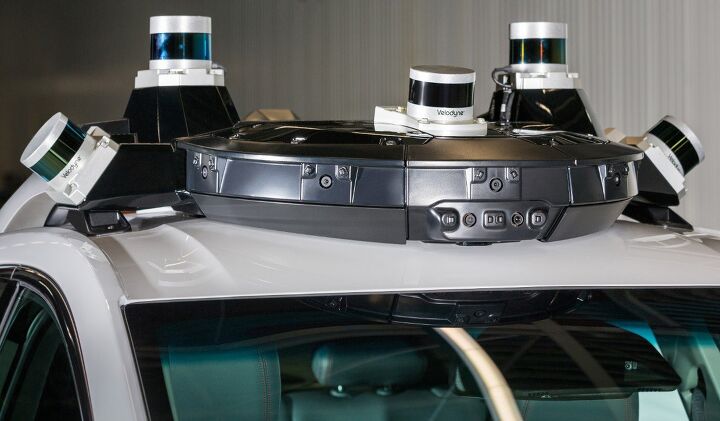
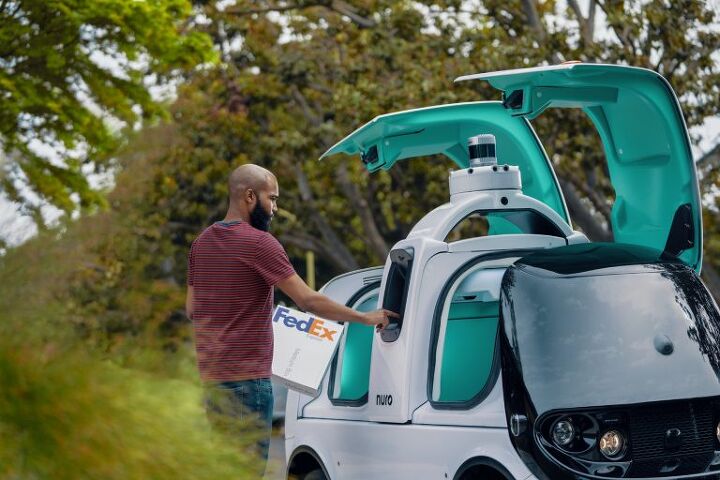

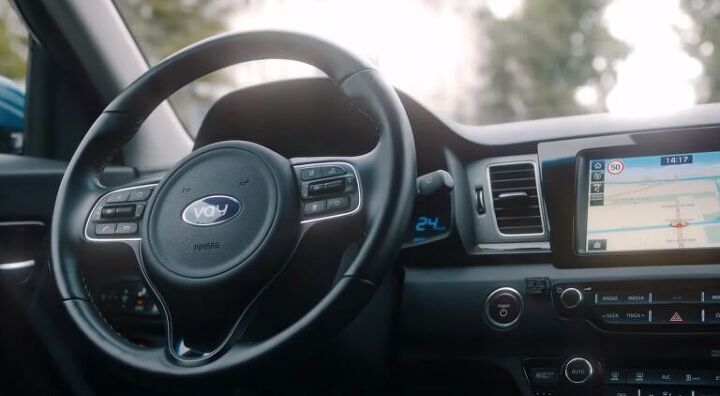












Recent Comments